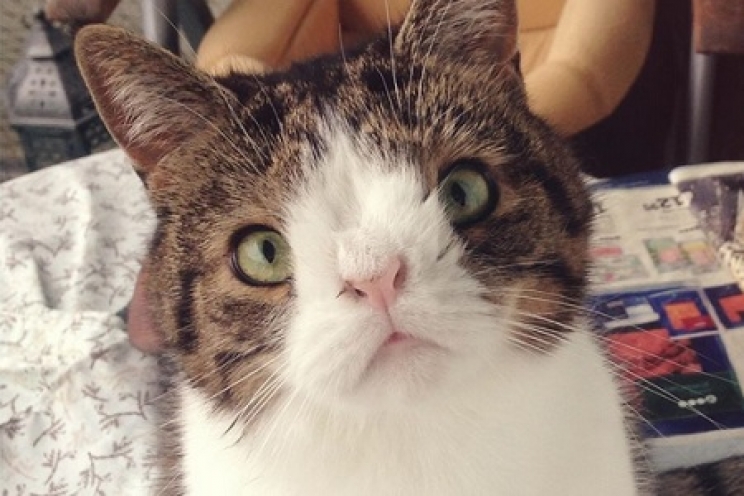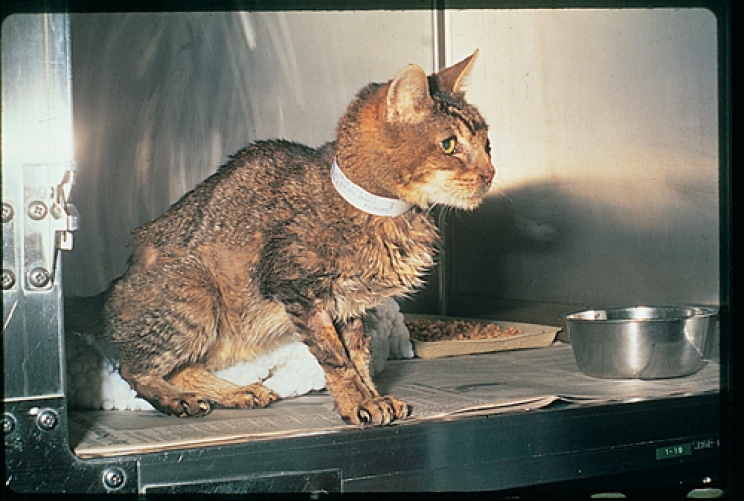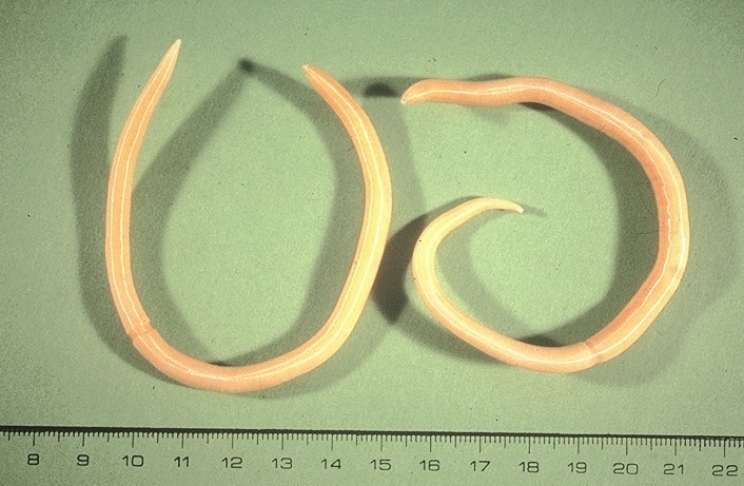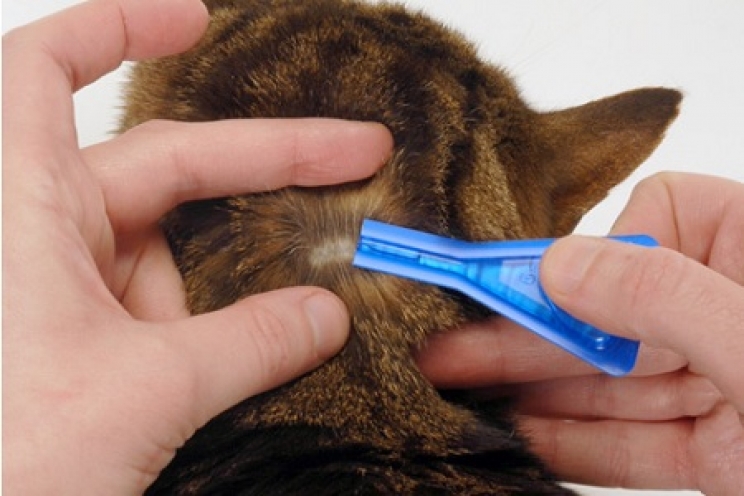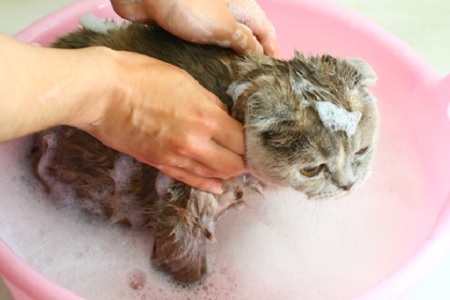One of the most dangerous emergency situations for cats is permethrin poisoning, a substance commonly used in several dog-specific anti-parasites. Here are the consequences and what to do to save the cat's life.
There is nothing to be ashamed of. There are really many cat owners who choose to administer dog anti parasitic substances to their felines. The reason is very simple: they save money. Think, for example, of the volunteers who manage to take care of entire feline colonies or families with 4-5 cats.
Unfortunately, however, we do not always resort to the advice of the veterinarian, but we prefer to act according to our instincts or hearsay. It therefore happens to give the cat a poorly dosed product for dogs or, even worse, absolutely unsuitable for felines. The consequence inevitably translates into a tragic poisoning and a visit to the vet. This happens because not all anti-parasitic substances for dogs can also be used for cats. Some of them, especially the ones based on permethrin (Frontline Tri-Act, Advantix, Effitix, Exspot), can be seriously lethal if administered to the cat.
What is permethrin and how does it works?
The most common anti-parasitic, those that can also be purchased in pet stores, are specifically designed to eradicate and prevent infestations of fleas and ticks (the most frequent external parasites).

Some of these formulations, such as those based on fipronil, are suitable for both dogs and cats, with different dosages based on the species. Other anti-parasites on the other hand, are addressed exclusively to dogs, for example those containing permethrin.
This substance belongs to the pyrethroid family, a very powerful insecticides, able to act directly on the nervous system of insects. They are aimed above all at preventing the bites of the fearsome sand flies, responsible for the transmission of Leishmaniasis in dogs. For this reason, the manufacturing companies felt the need to "enrich" the common anti parasite for dogs with permethrin, thus offering greater protection against parasites and sand flies.
However, permethrin is highly toxic to cats, who are unable to degrade it in the body, which instead occurs without problems in dogs. This means that the substance, once absorbed by the skin, remains intact inside the body, behaving in all respects like a poison.
Symptoms of permethrin poisoning
If you have unknowingly applied a permethrin-based pesticide to your cat, you may notice it immediately, as well as after several hours. The main symptoms of permethrin poisoning include:
- Excess salivation
- Increased salivation
- Tremors
- Lack of coordination
- retching
- Diarrhea
- Respiratory difficulties
- Convulsion
- Dilated pupils
- Death
What to do
There are two most frequent situations: you have unwillingly applied the pesticide for dogs to the cat, or the cat has come into contact with the dog's skin, right where you applied the product.
In both cases, there is only one thing to do: run to the vet. Put the cat in the carrier and take it immediately to the nearest clinic. Speak clearly with the veterinarian, without omitting anything.
The veterinarian will wash the animal's back if you have just applied the product, or will proceed with a gastric lavage if the cat has accidentally ingested it. In both cases, this solution may not be enough, especially if several hours have passed. It will therefore be necessary to administer specific drugs.
In conclusion, if you manage to notice the mistake on time, try to find a remedy as soon as possible. Wash the area with plenty of warm water (not hot, it would accelerate the absorption of the drug) and with a mild soap. Make sure that the operation is accurate, but very fast, then run to the vet.
Remember that in these cases, time is essential: the more hours elapse from when they ingested it, the less likely your cat will survive.

